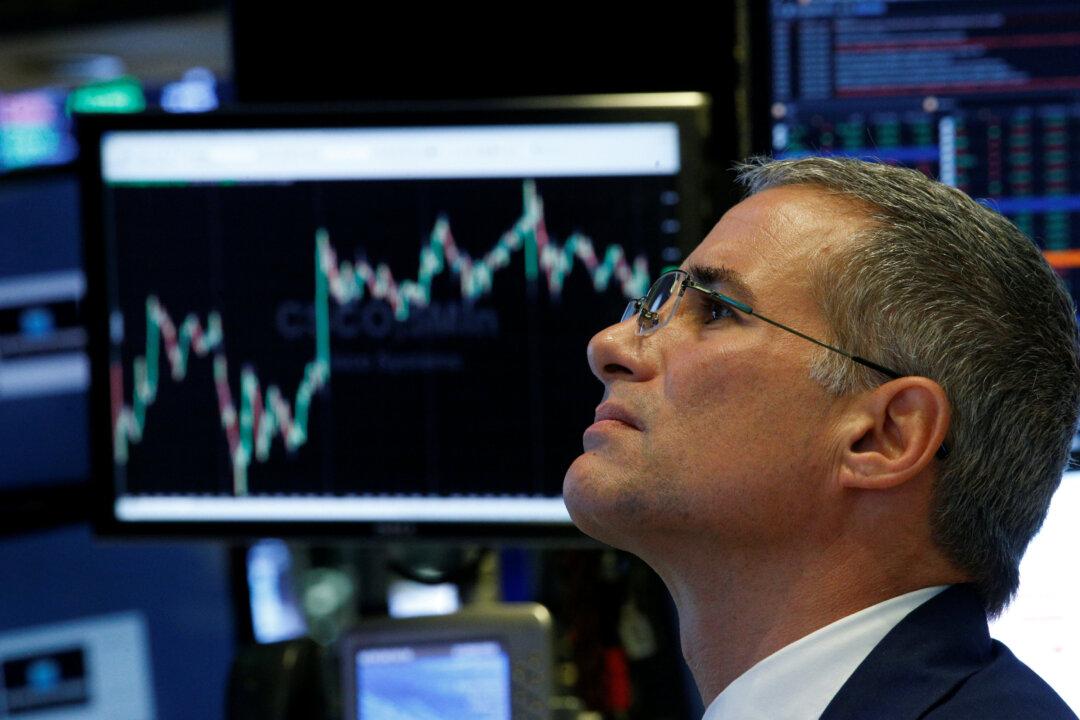NEW YORK—Global equity markets rallied on Sept. 18 as the latest tit-for-tat U.S.-Chinese trade dispute was seen as barely denting world growth, while U.S. Treasury yields rose in anticipation the Federal Reserve will hike interest rates this year and next.
China said it will levy tariffs on about $60 billion worth of U.S. goods, as previously planned, but cut the level of tariffs it will collect. U.S. President Donald Trump on Sept.17 said 10 percent tariffs on $200 billion of Chinese products will start next week and reach 25 percent by year-end.





